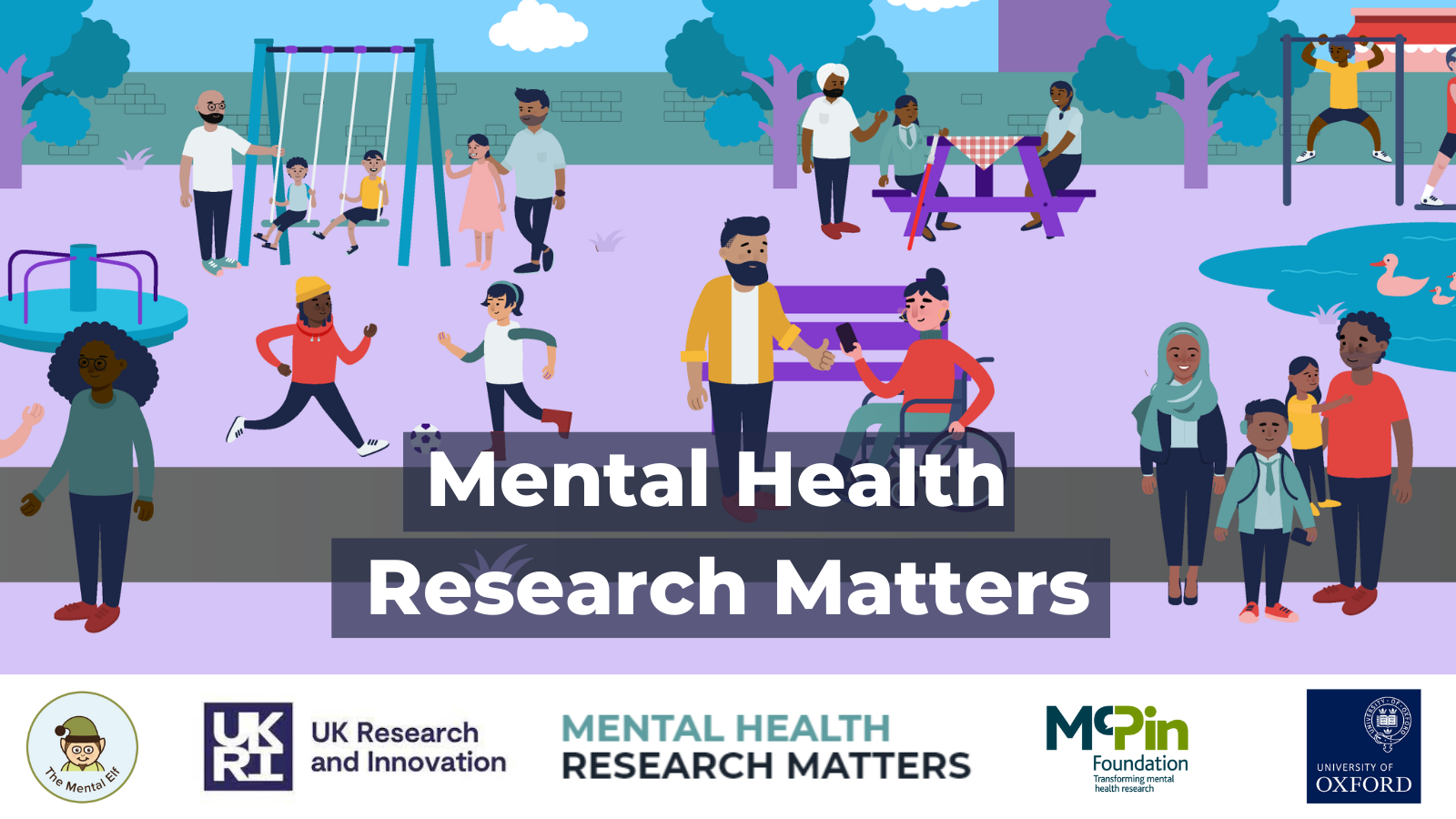People with severe mental illness (SMI) – in this study: bipolar affective disorder, schizophrenia, schizoaffective disorder and other non-organic psychotic disorders – are at a substantially higher risk of premature death than the general population by 10–20 years. The study, conducted by Dr Dolly Sud, tackled this health inequality by exploring the role of pharmacy in the lived experience of heart disease, diabetes and related diseases and risk factors for patients with SMI. The study also explored the impact of these health conditions on the relationship between patients and their informal carers. In designing this study, Dr Sud was able to benefit from her professional background as a pharmacist, in addition to her research training and skills.
Providing person-centred care
While unnatural causes, including suicide, homicide and accidents, explain some of the reduced life expectancies in people with severe mental illness, it is now firmly established that physical health diseases account for the overwhelming majority of premature deaths. The mortality gap exists in countries considered to have high standards of healthcare and there is also evidence that the mortality gap has increased over time. This appears to indicate that individuals with SMI have not experienced the same benefits from developments in healthcare as the general population.
#MentalHealthResearchMatters
There are so many different approaches to take in mental health research. For more about why #MHRmatters and how you can get involved, join the conversation #mentalhealthresearchmatters


